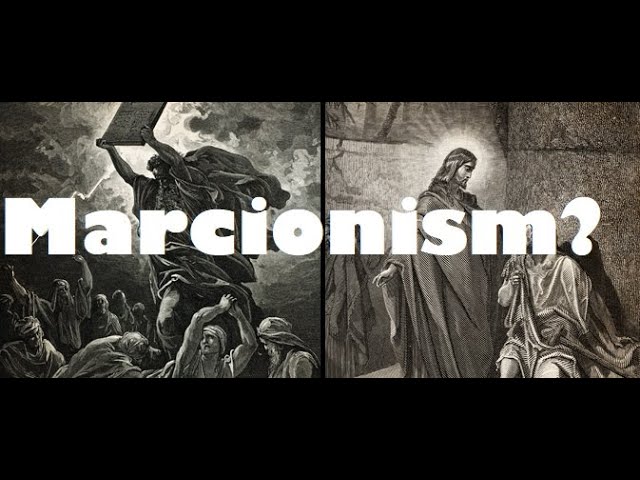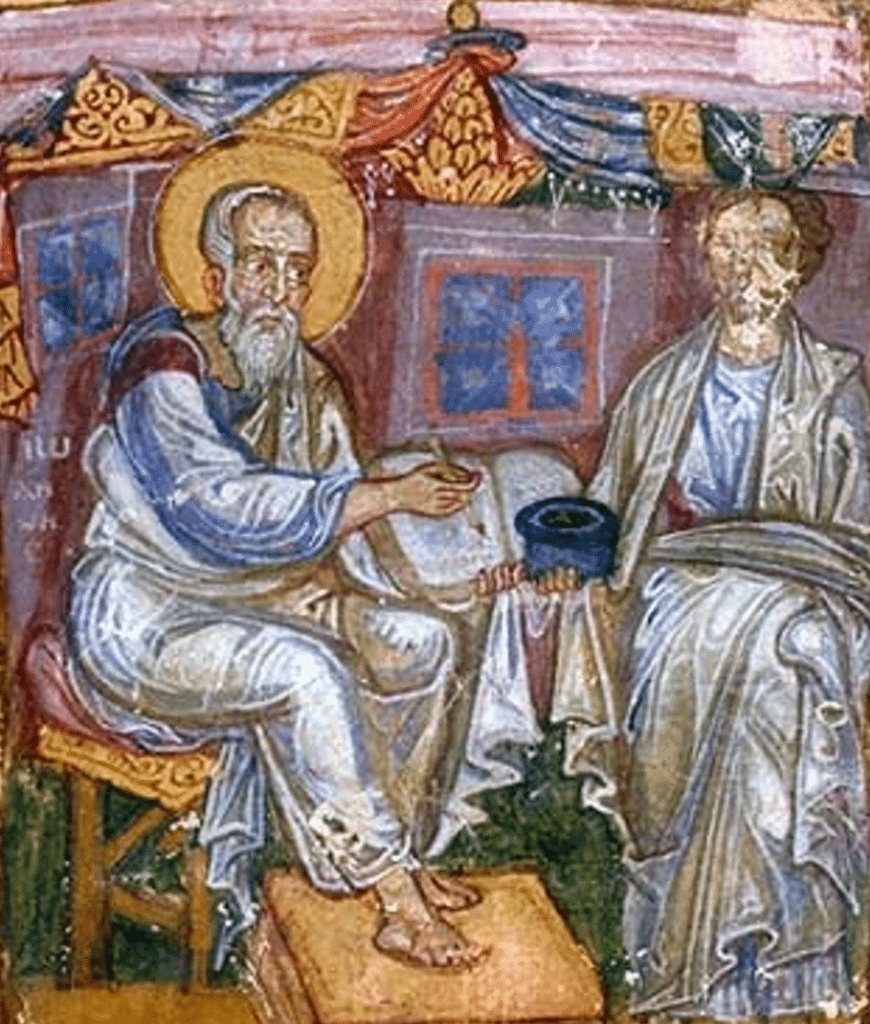Marcionism in the Church Today

As I prepare for a series of messages at our church I am studying the impact of Marcioism in the church today. I thought I would write and publish the articles here on our Online Bible Institute for anyone who is interested. Marcionism, a Christian theological stance of the second century AD, propounded by Marcion of Sinope, might initially seem like a relic from the annals of Church history. Yet the themes that underpin Marcion’s teachings continue to surface and resurface, demonstrating that the challenges posed by his doctrine remain relevant in contemporary Christian discourse.
Marcion’s most controversial stance was his sharp distinction between the God of the Old Testament and the God of the New Testament. He asserted that the God of the Old Testament was a wrathful, vengeful deity. At the same time, the God revealed in Jesus Christ in the New Testament was entirely different—loving, merciful, and forgiving. This supposed difference led Marcion to discard the Old Testament altogether and parts of the New Testament that did not align with his theological views.
While the Orthodox Church vehemently rejected Marcion’s teachings, branding him a heretic, echoes of his dualistic thinking can still be heard in the Church today.
- Overemphasis on the “Love of God”: In modern Christian settings, there’s a tendency to focus extensively on God’s love and mercy to exclude His justice and righteousness. While God’s love is immeasurable and central to the Christian faith, portraying it without the counterbalance of His justice risks presenting an incomplete picture. This skewed focus can sometimes inadvertently mirror Marcion’s approach of emphasizing God’s New Testament attributes while ignoring His Old Testament characteristics.
- Neglecting the Old Testament: The Old Testament can be difficult to navigate, given its complex narratives, laws, and historical accounts. Some Christians, finding more immediate comfort in the New Testament’s teachings of grace, tend to sidestep the Old Testament. But in doing so, they miss out on the rich tapestry of salvation history, the prophecies pointing to Christ, and the foundational teachings about God’s character.
- “Cafeteria Christianity”: There’s a rising tendency among believers to pick and choose elements from the Bible that resonate with them personally or culturally while discarding those they find hard to accept. This selective approach mirrors Marcion’s actions when he curated his version of the Christian canon, excluding texts that didn’t align with his views.
- Contemporary Dualisms: Some Christian thinkers attempt to harmonize secular worldviews with biblical teaching, creating a dualism reminiscent of Marcion’s theology. For instance, the attempt to segregate the material (as inherently evil) from the spiritual (as inherently good) finds its roots in Gnostic thought but also resonates with Marcionite dualism.
- The Challenge of Reconciliation: The Church today faces the challenge of addressing vast and complex social issues. In striving for justice, love, and mercy, there can be a temptation to overemphasize God’s grace while neglecting His righteousness. The holistic approach that integrates both attributes can be hard to navigate, making Marcionism’s more straightforward, dualistic perspective appear attractive.
While deemed heretical in the early Church, Marcionism raises questions that continue to challenge Christian thought today. Its persistence underscores the importance of sound theological teaching and the necessity of understanding God’s complete and integrated nature. Modern believers must be wary of the pitfalls of a dualistic or selective approach to Scripture. They must embrace the entirety of God’s revelation in both the Old and New Testaments, understanding His character in its fullness, with all its complexities and nuances. Only then can the Church offer a genuinely holistic witness to the world.
Steve Lawes is a Church Consultant and also provides coaching for pastors, churches, ministries and church planters.


